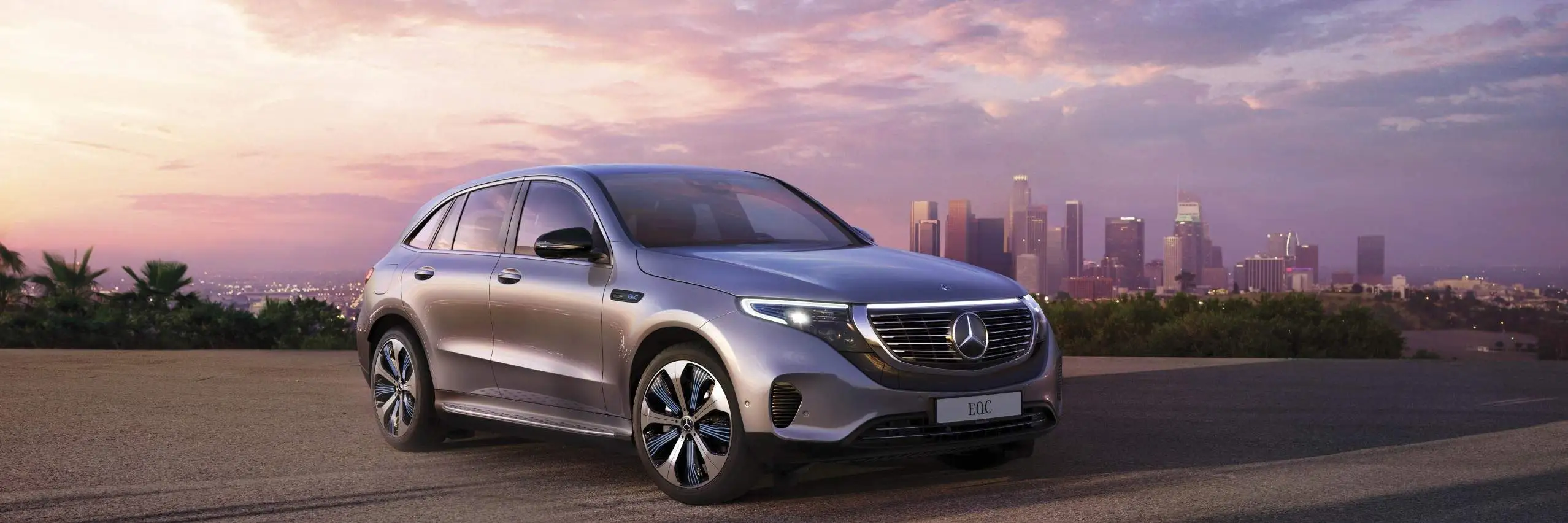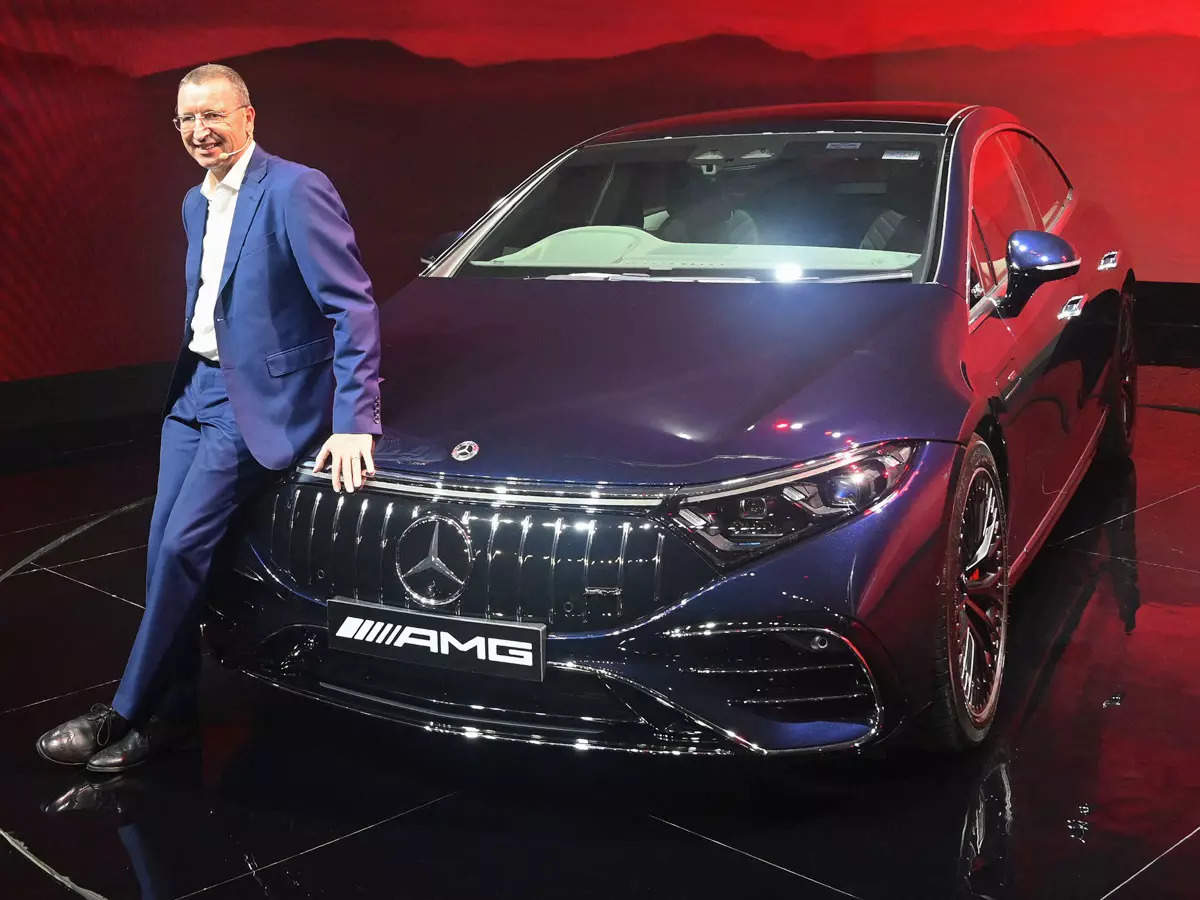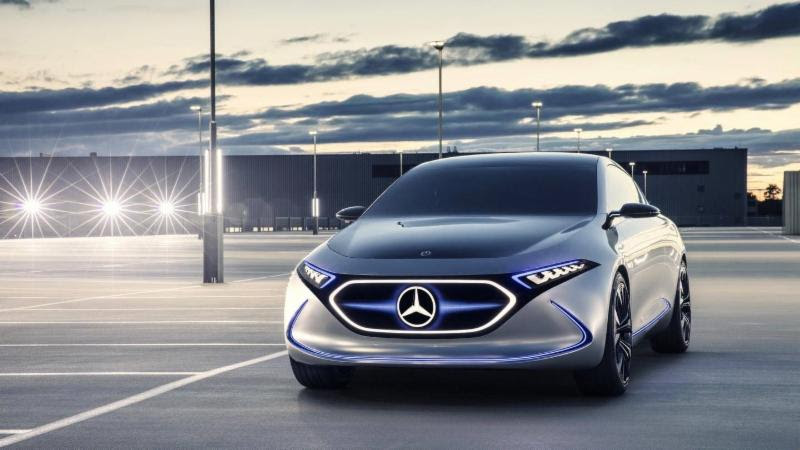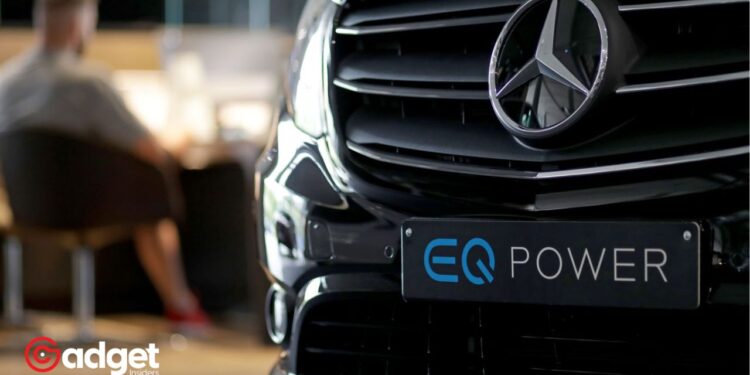In a world increasingly leaning towards sustainable transportation, Mercedes-Benz, a name synonymous with luxury and innovation, has recently made headlines with its latest stance on electric vehicles (EVs). The German automaker, revered for its engineering excellence, has announced a significant shift in its electrification roadmap, indicating a less aggressive push towards a fully electric lineup by 2030.
This development raises questions about the future of electric mobility and the challenges facing the automotive industry in this transformative era.
A Reality Check on EV Adoption
Mercedes-Benz’s initial ambition to achieve a 100% electric vehicle portfolio by the end of this decade was a bold statement in an industry grappling with rapid change. However, the company has now tempered these plans, acknowledging the complexity of transitioning to an entirely electric lineup.
The reason? A combination of factors, including lower-than-anticipated EV sales and the broader market’s readiness for such a drastic shift.

Recent reports suggest that the adoption of electric vehicles hasn’t been as swift as anticipated. Companies like Tesla, Rivian, Lucid, GM, and Ford are reportedly bracing for a challenging year ahead in EV sales. This trend, highlighted by the likes of Elon Musk and now echoed by Mercedes-Benz, underscores the hurdles in the path of electrification.
Mercedes-Benz’s Balanced Approach
At the heart of Mercedes-Benz’s updated strategy is a recognition of diverse customer needs and market conditions. The luxury carmaker aims to cater to a broad spectrum of preferences, offering both all-electric drivetrains and electrified combustion engines well into the 2030s.
This approach reflects a pragmatic view of the automotive landscape, where internal combustion engine (ICE) vehicles and hybrids will continue to coexist with EVs.

The CEO’s Perspective
It’s not going to be 100% in 2030, obviously… from the whole European market, but probably from the Mercedes side as well,
CEO Ola Källenius remarked. This statement encapsulates the reality that the shift to electric mobility is a gradual process, influenced by various factors beyond the control of any single entity.
Navigating the Challenges
The journey towards electrification is fraught with challenges, ranging from sourcing battery components to managing supply chain disruptions. These obstacles are not unique to Mercedes-Benz but are industry-wide concerns that impact the pace of EV adoption.
Additionally, the current market conditions, marked by consumer uncertainty and divided preferences, further complicate this transition.
Mercedes-Benz is not committing itself to a full EV lineup by 2030 after initially claiming to do so.https://t.co/8LpdZuh1HF
— Tech Times (@TechTimes_News) February 23, 2024
The Future of Mercedes-Benz’s EV Lineup
Despite these challenges, Mercedes-Benz remains committed to its electrification efforts. The company has introduced several electric models, such as the EQB, EQE, EQS, and the eSprinter van, showcasing its dedication to innovation and sustainability.
These models represent the brand’s vision for an electrified future, even as it continues to offer traditional gas-powered vehicles.

A Balanced Roadmap for the Future
Mercedes-Benz’s latest stance on EVs is a realistic reflection of the current state of the automotive industry. While the dream of a fully electric future remains alive, the journey there is more complex and nuanced than previously thought. Mercedes-Benz’s balanced approach, offering a mix of electric and ICE vehicles, acknowledges the diverse needs of consumers and the evolving market dynamics.
This strategy positions the brand to navigate the challenges ahead, maintaining its reputation as a leader in automotive innovation and luxury.










